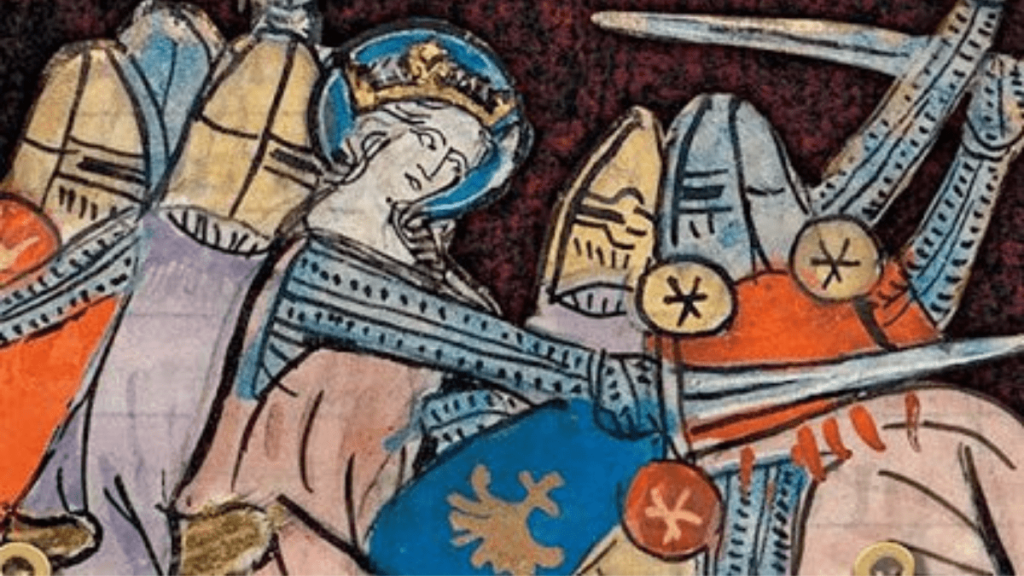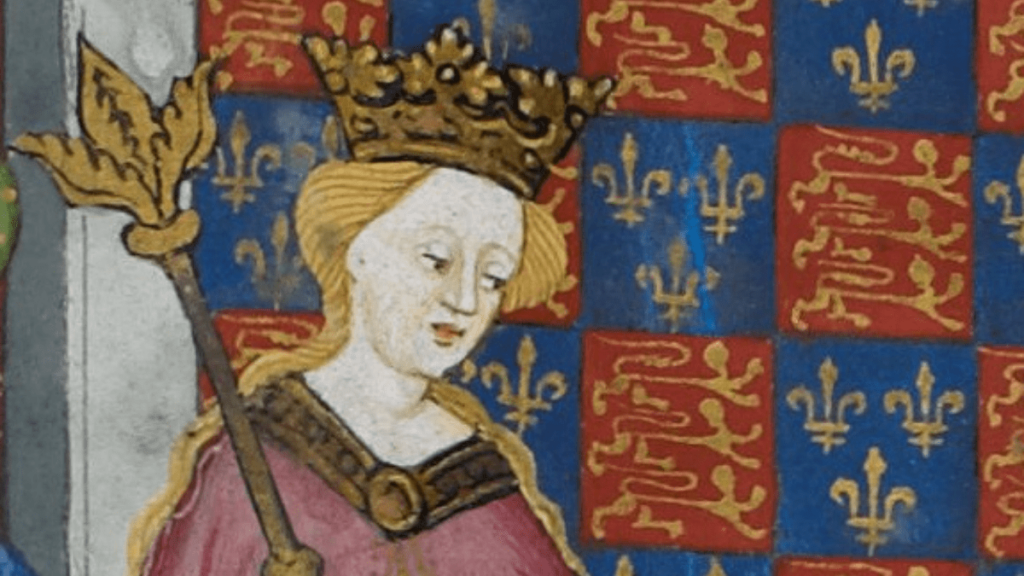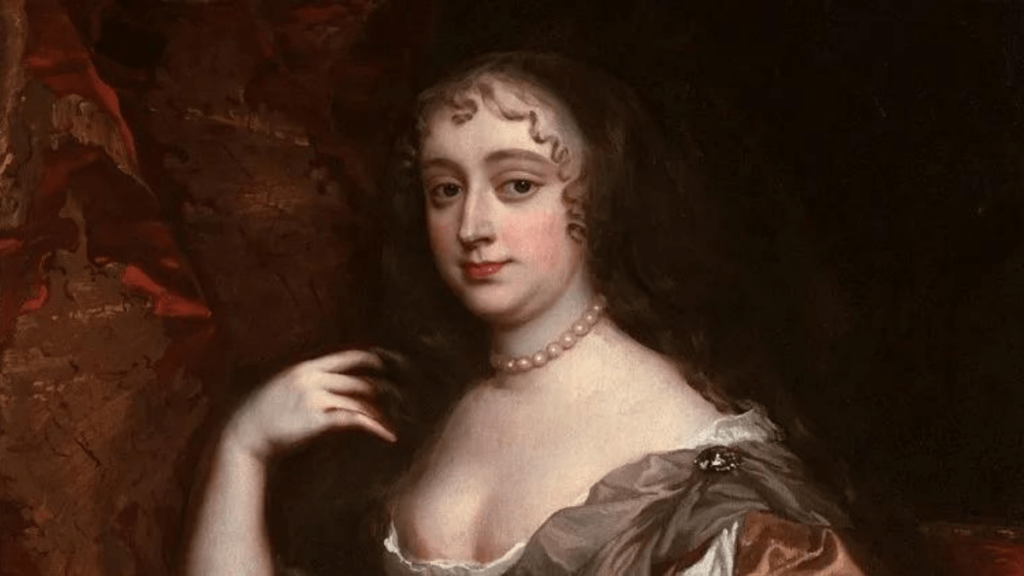Let’s face it – Britain has a reputation when it comes to fierce women warriors. About 95% of that reputation goes (whether deservedly or not) to Boudicca – or Boadicea to her Roman enemies – for her fierce resistance to the aforementioned Romans.
She is such a national icon in the UK that there are statues of her throughout the country, and she was famously adopted as a symbol of the Suffragettes during their fight for the vote.
However, Boudicca isn’t the only woman to have established her martial bona fides throughout Britain’s history – she’s just the best known. There are plenty of other fearsome female warriors who made a name for themselves, and in this article, I’ll be examining eight of those women.
So strap in, flex those fingers, and prepare to argue with some misogynist dickheads about wokeness on Facebook as we detail some of Britain’s fiercest women warriors.
Æthelflæd
Æthelflæd’s name may be a borderline-unpronounceable mouthful, but there is nothing unclear about her role as one of Britain’s earliest female leaders – and though she never earned the title of “Queen,” her ascent to the leadership of Mercia as “Lady of Mercia” was, according to historians, unprecedented in Anglo-Saxon Britain.
Æthelflæd was the eldest child of the renowned Alfred the Great, known to most of us as “that bearded guy from The Last Kingdom” and noted kicker of Viking ass. Because 9th century England was basically Game of Thrones, Æthelflæd was married to a dude named Æthelred, playing nicely into “everybody has basically the same name” and “nobody was allowed to marry for love” tropes at the same time.
Long story short: Æthelred died, leaving Æthelflæd to pick up the slack. And pick up the slack she did, waging war upon her Viking neighbors to such an extent that they basically cried uncle and ceded the city of York to her. Æthelflæd died just before this, but her legacy was cemented, and she is universally seen as one of the strongest female leaders England has ever seen.
Isabella Of France
We know what you’re thinking – how is a Frenchwoman featured on a list of the strongest British female warriors? To which we respond: haven’t you seen Braveheart? Those motherfuckers were intermarrying all the damn time. Which brings us neatly to our next entry: Isabella of France.

Part Cersei, part Lady Macbeth and all woman, Isabella of France was a lady known for getting shit done.
While you wouldn’t have seen Isabella on the battlefield, you would have seen her scheming like a pro in many a 14th-century courtroom.
She was married to the English Edward II at the tender age of 12, and during the early years of their marriage, she worked both her husband and his close friend, Piers Galveston, like a champ.
”She reportedly began an affair with another Englishman, Roger Mortimer, and the two returned from France with a mercenary army, as you do!”
When Galveston died, Edward began to favor another Baron whom Isabella disliked, but she decided that she never really liked Edward anyway.
She reportedly began an affair with another Englishman, Roger Mortimer, and the two returned from France with a mercenary army, as you do!
Isabella deposed and imprisoned her husband (as well as quite possibly having him murdered later), ruling as regent on behalf of her son for three years.
It wasn’t all roses for Isabella, unfortunately; she quickly became unpopular with the smallfolk for her lavish spending and unorthodox solutions to entrenched problems (such as the Scottish War of Independence).
Isabella was eventually deposed by her son but lived her life in relative luxury and died peacefully in her sixties.
Empress Matilda
1120 was a bad time for the Kingdom of England. It was the year of the so-called White Ship disaster, in which the titular ship – carrying, amongst other nobles, the heir to the English throne – foundered off the coast of Normandy.

The heir, William Adelin, initially escaped in a rowboat, but after returning to attempt to save his sister, was overwhelmed by panicking passengers who capsized the boat.
The White Ship disaster was utterly catastrophic for the English royal family and immediately caused a crisis of succession.
With his son dead, the King made Matilda – his next-eldest child and a virtual stranger to English shores – his heir, much to the distaste of many nobles in the country.
Take your pick whether it was misogyny or xenophobia that undergirded this distaste, but the end result was the same – a bunch of medieval alt-righters got pissed that a girl was going to rule their country.
”Charles II and many of his court were in exile, and their only method of receiving intelligence was through a network of spies and informants that remained in England. One such network was a secret society (badass) that went by the name the Sealed Knot.”
Matilda’s right to the throne was contested by a cousin named Stephen of Blois – who narrowly avoided boarding the White Ship due to a lucky bout of diarrhea – and she fought a long and fruitless battle against Stephen in his forces.
Matilda never won the hearts of the English people. Despite defeating and capturing her cousin, she was forced to abandon her own coronation when the people of London turned out in droves to oppose it.
Matilda eventually abandoned England, crossing the frozen Thames in a white cloak to evade detection, and returned to France. There she busied herself with affairs of Norman state, and the feud with Stephen eventually fizzled out when he acknowledged her son as rightful heir to the English throne.
Margaret of Anjou
Margaret of Anjou is perhaps best remembered for really, really upsetting none other than William Shakespeare.

Though the two were not contemporaneous (Shakespeare wrote of her in 1591; she died in 1482), Shakespeare was so incensed by her “ill-beseeming[…] Triumph” that he was moved to pillory her over a century later.
What was this “ill-beseeming Triumph [sic]” that Shakespeare spoke of? Simple – she had the head of the defeated Duke of York displayed above York’s Micklegate, complete with a paper crown that mocked the deceased Duke’s aspirations of kingship. Brutal? Yes. But Shakespeare’s issue with it wasn’t its brutality – it was that it was brutality committed by a woman.
Outside of this controversy, Margaret was an effective power behind the throne who guided her unstable husband to a number of victories.
However, her taste for battle and English court life died along with her son (who was slain in battle in 1471), and her husband’s murder put a pin in things. She departed for France, where she lived out her days in peace.
Susan Hyde
The Protectorate – the period of English history in which Great Britain was ruled by Oliver Cromwell and his Parliamentarians – was a rough time for Royalists.

Charles II and many of his court were in exile, and their only method of receiving intelligence was through a network of spies and informants that remained in England. One such network was a secret society (badass) that went by the name “the Sealed Knot” (super-badass).
Susan Hyde, a minor noblewoman, was a spy for The Sealed Knot. Many women spied for the Royalist secret society, in fact, the rationale being that women were not expected to write about anything serious and would instead confine their epistolary musings to things like boys and makeup [citation needed].
Hyde was instrumental in getting information to Charles II, and actually corresponded directly with the King himself.
However, she and her allies underestimated the Parliamentarians, and her letters began to get intercepted.
Shortly thereafter, she was captured and subjected to psychological (and potentially physical) torture before dying after a short period in captivity.
Boudicca
Alright, we’re cheating a bit with this one. Everyone knows who Boudicca is – but that knowledge is usually quite superficial, with not much known about her actual life. With that said, let’s take a look at this borderline-mythical, oft-misunderstood warrior queen.
The name “Boudicca” is a Britonic one, and it literally means “Victorious Woman”. This has lent credence to theories that the name is actually an honorific – rather than a birth – name. It’s a bit like someone calling themselves “xXxDestroyer69xXx” on Xbox Live – nice, but not the name your momma gave you.
Boudicca’s husband, Prasutagus, was the king of the Iceni tribe and a nominal ally of Rome. This meant that he got to call himself independent, but in reality, he was a vassal of Rome and served at their pleasure. In his will, he named Nero (yes, that Nero) and his two daughters as his heirs.
The Romans, being colonial dickwads, ignored his will and moved into his territory, claiming it as their own. They had Boudicca flogged and r*ped her daughters. This, somewhat understandably, really pissed Boudicca off. What happened next was the John Wickest thing in history.
Boudicca raised her banners and attacked and sacked several Roman settlements, including modern-day Colchester, St Albans, and London.
Boudicca was on such a roll that it came as a massive shock to everyone – including, presumably, the Roman governor commanding the opposing army – when she was defeated by an army one-twentieth the size of hers at the Battle of Watling Street.
Boudicca, her rebellion in tatters (she reportedly lost 80,000 men; the Romans, 400), either committed suicide or sickened and died following the defeat. The Battle of Watling Street marked a decisive point in the Roman occupation of Britain and prevented the mass evacuation of the Romans from the Isles.
Some of the Wildest Warrior Women Ever to Wander Our Isles
And there we have it – a list of some of the finest warrior women ever to grace the British Isles. Did we miss any off the list? Are there any controversies you disagree with? Let us know, and perhaps your proposed entries will appear in the sequel to this article, Women Warriors 2: Women Warrior Harder.



[…] Britain’s Women Warriors Who Weren’t Shy ABout Shedding Blood […]